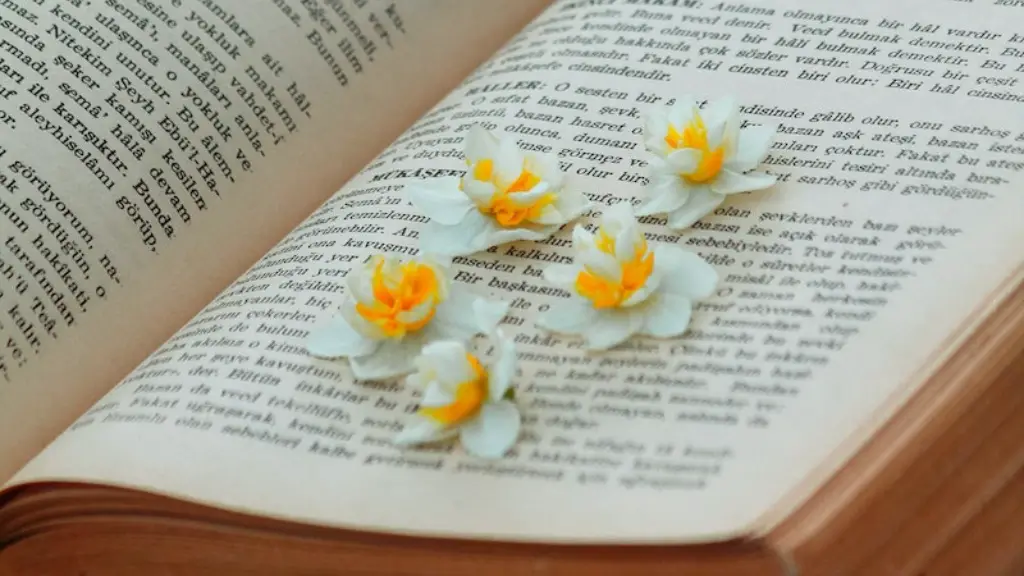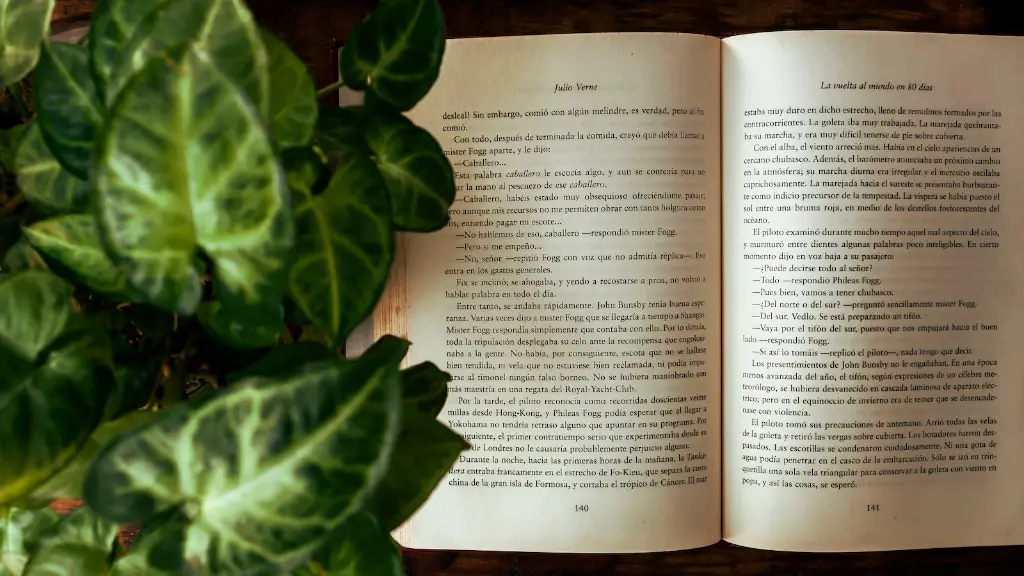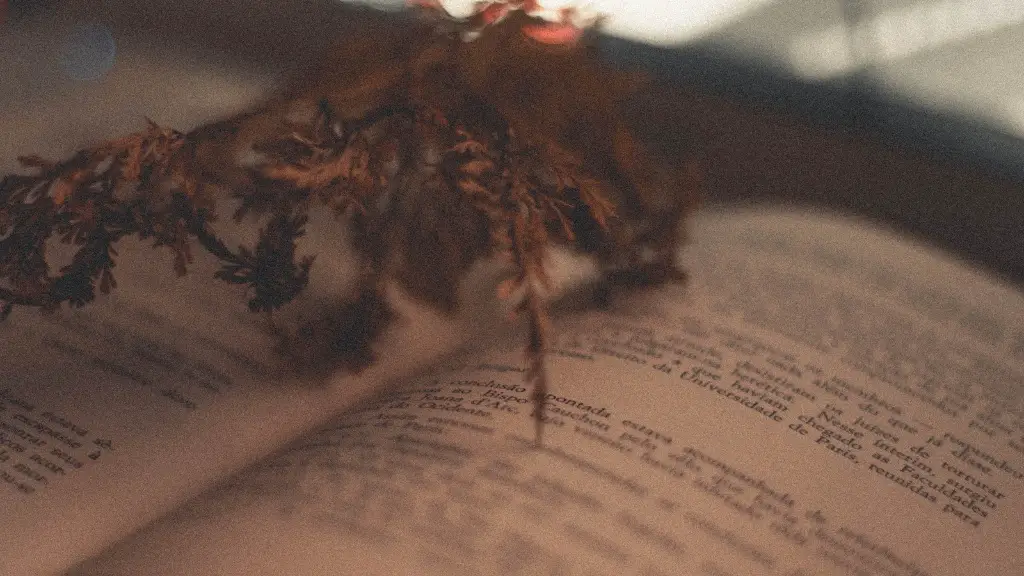For many poets, writing poetry is intrinsic, offering an outlet for emotion, experimentation and creativity. The process of writing a poem can be initiated by many different sources, from distinct moments of emotion inspired by external triggers, to a desire to explore a new concept or narrative. For different poets, different things can inspire them to create a new piece, offering insight into what motivates and drives their writing process.
For some, inspiration is found in other works of poetry. The work of other poets can be a powerful inspiration, allowing the writer to connect with similar narratives or simply realise the potential of potential of generating new ideas, metaphors and similes. As poets often struggle to escape their personal thoughts and feelings in their writings, immersing themselves in other poets work can allow them to view their own ideas more objectively, helping to broaden their perspective, leading to further exploration.
Memories can also be a salient source of inspiration, offering poets access to a whole host of emotions, experiences and recollections. Memories can be a powerful source of inspiration, providing access to a variety of topics, characters and settings as well, offering poetic opportunities to explore humour, adventure or tragedy that have shaped who they are. This type of writing enables poets to tap into things which have stayed with them, and gives them a further outlet or way to express their deeper, unsaid emotions.
The natural environment can also be source of inspiration for poets, providing them with a vast range of topics, thoughts and feelings. This can be as simple as exploring a natural landscape, uncovering and describing the beauty of nature and the way it interacts with its surroundings. Poets can also take experiences with nature and use that to delve deeper into their own feelings, sparking ideas and observations that they may not have even known they had.
For a lot of poets, music is also a major source of inspiration. Music can have the power to transport poets back in time, and evoke powerful emotions often much deeper and more intense than what words can do on their own. Music offers a new perspective, allowing writers to explore deeper resonant topics and emotions, enabling them to delve further into the more intricate meanings of the music, sparking new ideas and themes to write about.
Ultimately, while the sources of inspiration and motivation can vary between different writers, it is the creative and emotional process of taking those inspirations and forging them into works of art that really matters. With any type of creative endeavour, finding inspiration can be one of the most important aspects, as it helps to generate impetus, objects and thoughts to drawfrom, helping to move the creative process forward.
Inspiration Through Conversation
Some poets are inspired by conversation, finding the exchange of opinions and perspectives can be conducive for new ideas and conceptions regarding different topics. Not only does this offer a chance to discuss different things such as books or the influence of different genres of art, but the mere exchange of ideas, even ones that are off topic or abstract can help poets to explore and create new opportunities for writing.
In a lot of cases, conversations that occur between poets or between poets and other creatives can be a great source of inspiration, as these can be a great tool for expression, showcasing new perspectives on different topics, while also allowing poets to introduce new concepts to one another. Often these conversations can be the beginning of something much bigger, and through the exchange of ideas, can help poets to explore different thoughts and states of mind more succinctly and more effectively.
This type of conversational inspiration can be used in a variety of different ways, with more directed conversations being more conducive to discussing specific topics, while more off topic and general conversations being more suitable for fleshing out ideas and sparking new ones. With any type of conversational stimulus, the range of subjects available and the insight gained can be invaluable for poets looking for new ways of exploring and developing their writing.
The Creative Process
The creative process for poets can be multifaceted and often requires a combination of different elements, such as music, conversation, memory and nature to help them generate and develop their pieces. This process can vary depending on the type of poet, but often requires that the poet is able to tap into a number of different sources to increase their creativity, offering novel ideas and concepts to use in their writing.
In some cases, this process enables poets to use a number of ideas and inspirations to craft something into a new creation. For example, with the help of inspiration found in conversational topics, the poet may begin to form a narrative or concept in their head of what they want to write about. At this point, the poet can then use their inner reflections, thoughts, feelings and experiences to deeper reach into their work, enabling them to use these to enhance their pieces.
Through using these methods, poets can effectively combine inspirations sourced from both external and internal sources, helping them to develop in-depth works of art. From here, the poem can begin to take shape, enabling the poet to experiment with the different combinations of words, to create something original and unique, or to take from their existing personal experiences and formulate something meaningful.
The End Product
In the end, poets often find it is the end product that provides the most inspiration. When the poem or piece is complete, the satisfaction of seeing a narrative come to life and the payoff of seeing what has been created out of these inspirations can be incredibly rewarding for the poet. Through seeing a work of art come to fruition, poets can gain a greater understanding of what motivates and drives them creatively.
The end product can be a visible representation of everything the poet has been striving to create, often the culmination of all the inspirations and creative processes, allowing the poet to explore ideas, imagery and themes that they may not have even known were in them. This end product can be both motivating and inspirational, as it serves to remind poets of the creative force that is within them.
The Power of Inspiration
It is clear that inspiration is an invaluable source for poets, providing them with an array of opportunities to create, explore and develop their work. Creative inspiration often helps to spark the impetus for writing, allowing poets to delve into the topics and themes that matter to them, providing an emotional outlet that can be incredibly therapeutic.
The power of inspiration, however, is twofold, as while it provides poets with the opportunity to access different sources and creative avenues, it also serves to instil confidence and motivation to continue, helping to stimulate and drive creativity, by allowing poets to access a range of topics and emotions, often far deeper and more profound than they would have been able to otherwise.
Inspiration for poets often provides a way for them to share their work, pushing them to not only create but also to share their pieces, as a way of inspiring, motivating and encouraging other poets, as well as to have their own works recognised and appreciated.
Creating an Inspiring Environment
For a poet to be able to harness the power of inspiration and drive the creative process, it is important for them to develop an environment that is conducive for creativity. This can be anything from setting a specific space or area of the home away to work in, to engaging in activities such as reading or listening to music, that can help to spark ideas and generate new concepts to explore.
Many poets also recognise the importance of connecting with other creative communities, whether this be online with different poetry groups or more physical interactions with other writers. This can provide poets with the opportunity to converse with fellow writers and poets and provide a space to be inspired and motivated, either by the works of others or through the discourse of the exchange.
The creative process can often feel very isolated and at times a little daunting, which is why it is important for writers to network and engage in supportive and inspiring activities that can help to keep them motivated and on track. Through creating a positive and encouraging environment, writers can help to foster their own creativity and develop their works for a long-term career within the artform.





